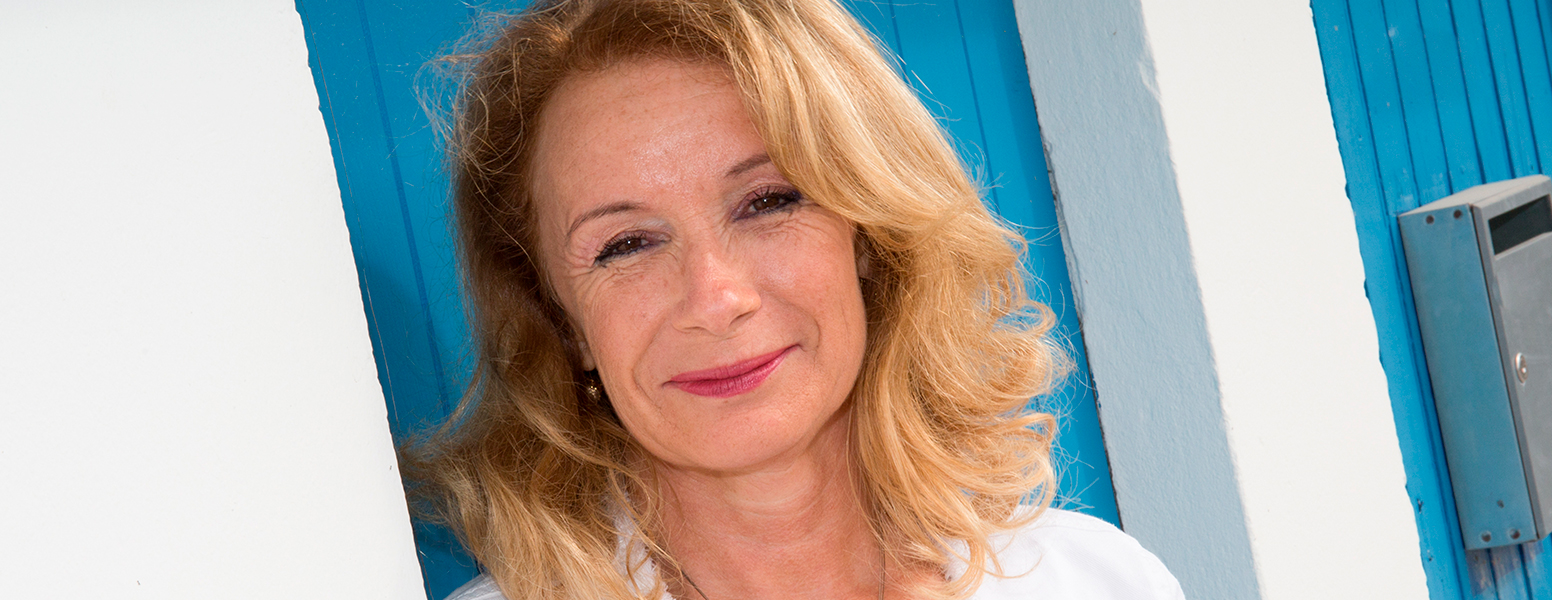Decreased levels of oestrogens observed during the menopause may cause the epithelium of the urethra (the small tube that allows urine to be expelled from the bladder) to atrophy.
In addition, the muscles that make up the pelvic floor lose their strength with age, a condition known as wasting. As a result, women in their middle age have increased probabilities of experiencing urinary incontinence. The possibilities increase with the number of childbirths, especially if vaginal. Stress incontinence, where laughing, sneezing, coughing and other activities increasing intra-abdominal pressure leads to urine leakage, seems to appear more often in the years prior to the menopause but is certainly not exacerbated by it.
It is important for women to realize that urinary incontinence is not a symptom due to age and that may, consequently, be seen as a normal symptom of ageing, but may be prevented and treated effectively, either with the right medication or with suitable surgery, depending on its cause.
At the same time, choosing the right personal hygiene products with a friendly design that protects from undesirable leakage and odours will ensure that daily life can be lived to the full without any limitations!
Sani Lady incontinence pads have been designed based on the Sensitive Concept, which combines maximum absorbency, safety and protection and is very skin friendly. Suitable also for urinary incontinence during the menopause!
Kindly contributed by the Urologist – Andrologist Surgeon, Dr Charalambos P. Asvestis





